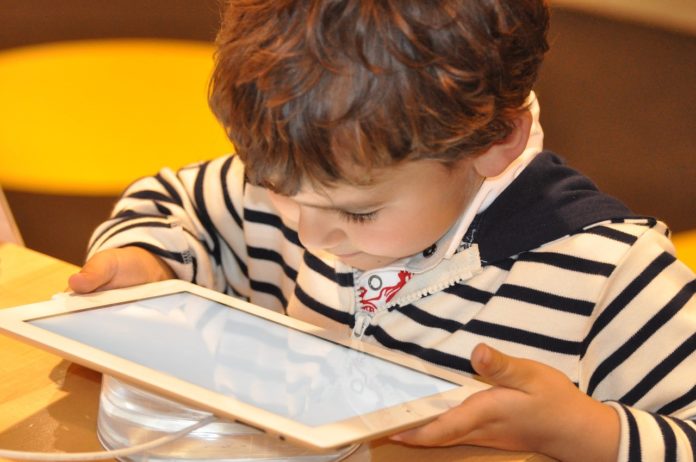
Kids who spend more than two hours a day on screens got lower scores in thinking and language tests
The US government has launched a study of adolescent brain development and the way it is impacted by excessive use of mobile phones, tablets and TV. It is being done by the National Institutes of Health,
Researchers and scientists are trying to understand how all that screen time impacts the physical structure of your child’s brain, as well as her emotional development and mental health.
Scientists have begun interviewing nine and ten year old children at 21 sites across the country, and they have begun scanning their brains.
Exposure to phone and TV screens has been changing the structure of the young brain — and maybe not for the better

They will follow more than 11,000 kids for a decade, and spend $300 million doing it. Dr. Gayathri Dowling of the National Institutes of Health is one of the scientists associated with the project.
The first bits of data suggest that the exposure to tech screens has been changing the structure of the young brain — and maybe not for the better.
The first wave of data from brain scans of 4,500 participants is in and it has Dr. Dowling of the NIH and other scientists intrigued.
The MRI’s found significant differences in the brains of some kids who use smartphones, tablets, and video games more than seven hours a day.
“What we can say is that this is what the brains look like of kids who spend a lot of time on screens. And it’s not just one pattern,” said Dr, Gaya Dowling.
The interviews and data from the NIH study have already revealed something else: kids who spend more than two hours a day on screens got lower scores on thinking and language tests. A major data release is scheduled for early 2019.













